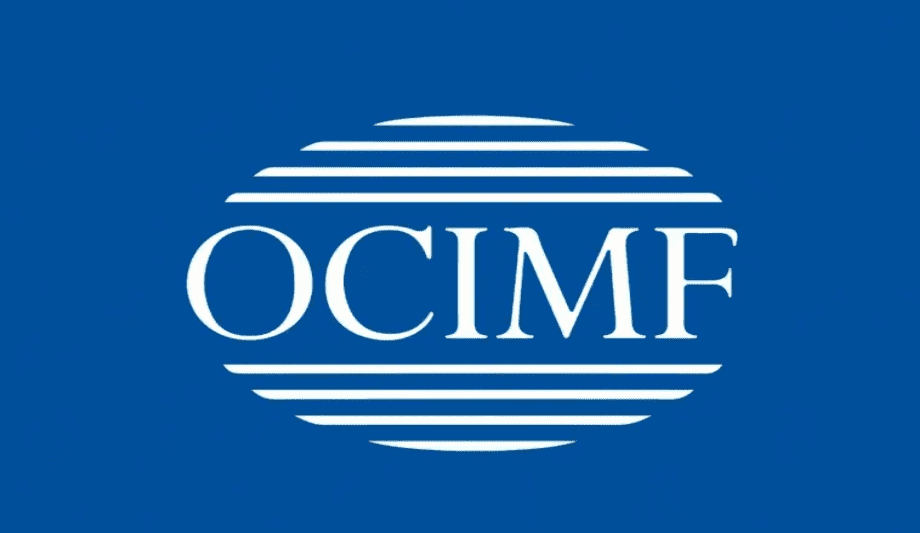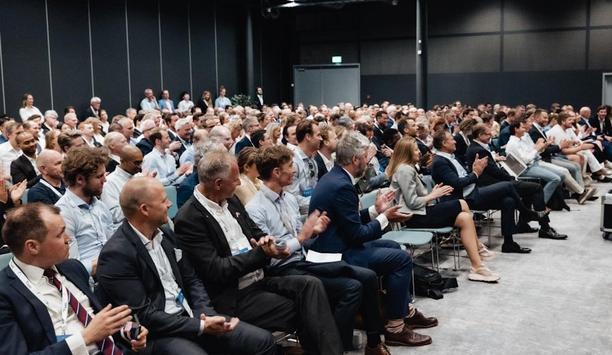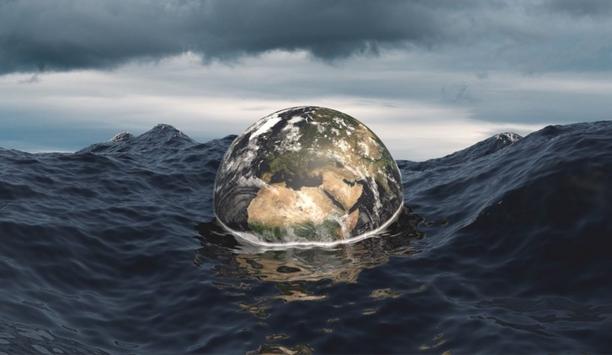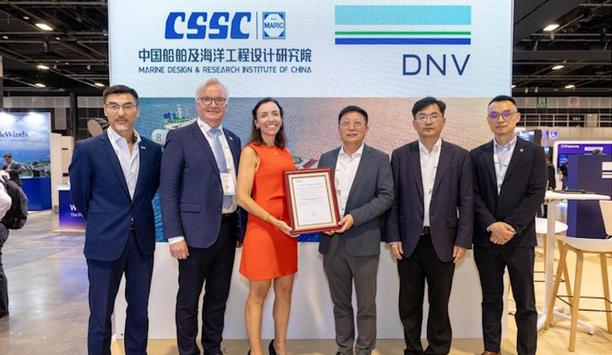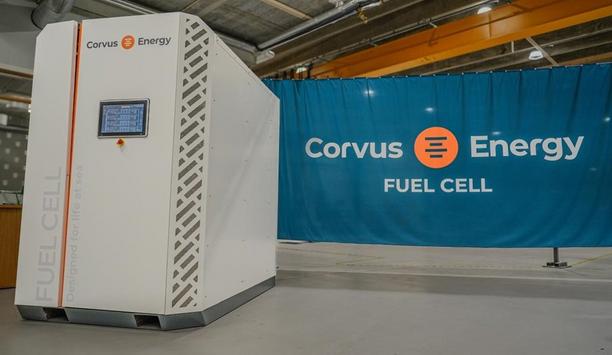The Oil Companies International Marine Forum (OCIMF) has successfully transitioned the marine industry to its digitalised version of the Ship Inspection Report Programme (SIRE 2.0).
Vessel operators are now only able to request tanker inspections that use the SIRE 2.0 Compiled Vessel Inspection Questionnaire (CVIQ) which is completed on a tablet device by accredited SIRE 2.0 inspectors.
SIRE 2.0 Question Library
These inspection reports will enable marine assurance teams to conduct more in-depth assessments
The move to the digitalised inspection programme means that every tanker inspection will be tailored to the individual vessel and its risk profile. These inspections will require vessel operators and their crew to be prepared to respond to any potential inspection questions from the SIRE 2.0 Question Library.
SIRE 2.0 inspection reports contain marine assurance data and provide feedback on all aspects of vessel safety including hardware, processes and human factors. As a result, these inspection reports will enable marine assurance teams to conduct more in-depth assessments of the quality of a vessel and its crew.
SIRE 2.0 project team
Karen Davis, Managing Director, OCIMF, commented: “SIRE 2.0 is a more comprehensive and robust inspection regime and OCIMF appreciates that switching to it is a significant undertaking for all programme users. This is a necessary and exciting step forward in our collective ability to reduce risk and harm to people and the environment."
"I want to express my immense gratitude to the SIRE 2.0 project team, VIP Steering Group and Working Group who have worked tirelessly to bring SIRE 2.0 to life and of course to thank our members, programme users, industry partners, and everyone involved in this project over the past few years for their hard work and dedication in achieving this significant milestone.”
VIQ7 inspection
Submitted VIQ7 reports will stay open for download for 12 months from their dates of publication
Now that SIRE 2.0 has permanently replaced VIQ7 and has become OCIMF’s only available tanker inspection tool, no further VIQ7 inspection requests will be permitted. Submitted VIQ7 reports will remain available for download for 12 months from their dates of publication.
Aaron Cooper, Programmes Director, OCIMF, comments: “We are proud of the robust framework that SIRE 2.0 introduces, designed to enhance the quality and consistency of tanker inspections worldwide. This program not only reflects our commitment to advancing the safety of our industry but also our dedication to fostering a culture of continuous improvement and excellence."
Vessel inspections
Cooper added: “OCIMF recognises that there may be a period of adjustment as personnel at sea and onshore become more routinely engaged with the programme and OCIMF will continue to support all programme users as they undertake their vessel inspections.”
“As we move forward, we will incorporate industry feedback and update the programme to address evolving risks to ensure SIRE 2.0 readily adapts as industry evolves.”
